[ad_1]
Do Nightshade Vegetables Cause Inflammation?
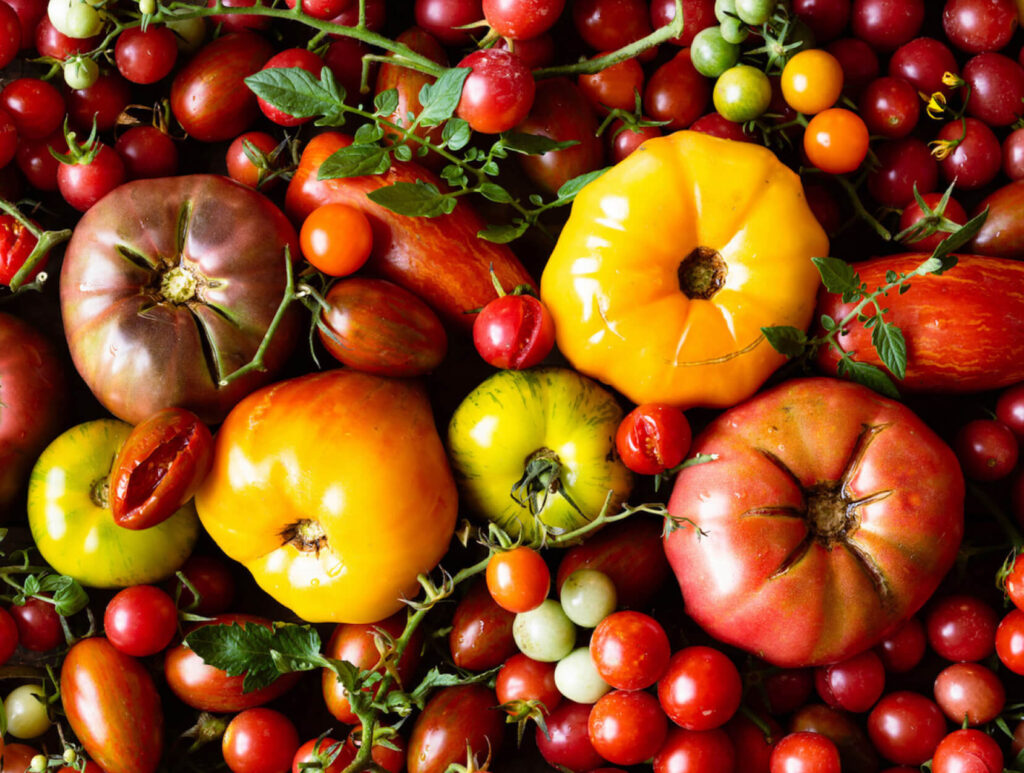

Supported by Science
I was asked to look into the evidence that nightshade vegetables might cause inflammation. I’ve avoided researching this question until now because I can’t imagine life without tomatoes—homegrown or in a Marcella Hazan sauce—or potatoes. Boiled, baked, or fried, they are staples for me.
And I concluded: Inflammation, allergies, and other undesirable consequences from eating nightshades are possible but not universal.
What Are Nightshade Vegetables?
We’ll call them vegetables, even though technically, except for white potatoes, they’re fruits:
-
Tomatoes
-
White potatoes
-
Eggplant
-
Peppers (bell, cayenne, paprika)
These plants belong to the same family—Solanaceae—which includes toxic, inedible plants like tobacco and belladonna (deadly nightshade). On the other hand, goji berries, which are considered therapeutic in traditional Chinese medicine, are also related.
Are Nightshade Vegetables Harmful?
It may have been Ayurveda that first suggested a connection between nightshade vegetables and inflammation. Some Ayurvedic practitioners discourage the consumption of nightshade vegetables because they are said to promote arthritis, inflammation, and autoimmune diseases. However, in Ayurveda, diets are tailored to the individual, and nightshade vegetables are not always excluded.
In the Ayurvedic framework, the mind-body states called vata, kapha, and pitta each benefit from particular foods. According to the Ayurvedic Institute and the Ayurvedic physician Dr. Chandan, eggplant, peppers, and potatoes may be fine for people with a kapha constitution. And green peppers and potatoes may be appropriate for a pitta constitution. Ayurvedic practitioners examine the whole person and take many factors into account before making highly personalized recommendations.
People can be allergic to almost any food, including tomatoes and eggplant. Allergies that cause classic symptoms like rashes and trouble breathing are medically recognized. What’s less well understood is other kinds of food sensitivities and intolerances. Because we don’t understand them, they tend to be discounted.
The Arthritis Foundation says there is no scientific evidence that nightshades cause inflammation or exacerbate arthritis. But results of very preliminary research suggest that these vegetables could sometimes be inflammatory. Limited preclinical studies have reported that compounds in potatoes could contribute to intestinal inflammation, leaky gut, and damage to the colon.
I’m not convinced that everyone would benefit from giving up nightshades. But if you wonder whether they’re contributing to your aches and pains, the Arthritis Foundation suggests it may be worth eliminating them from your diet for a few days. Note any changes in symptoms, then gradually add them back.
Can You Eat Tomatoes on a Detox Diet?
Detox regimens exclude the most common foods associated with allergies and sensitivities. goop’s detox plans, including the very appealing recipes in the five-day 2022 edition, exclude nightshades as well as soy, gluten, dairy, and more. If you feel good after a few days of detox, a food group can be added back every few days.
This regimen approach contrasts with trying to eliminate only one food group at a time. Let’s say you are sensitive to both nightshades and gluten. You may not see significant effects if you eliminate only one at a time. Elimination diets can be difficult and inconclusive, and to get the most from your efforts, it’s best to work with a dietitian.
So it’s not a bad idea to exclude nightshades, including tomatoes, from a detox diet.
How Might Nightshade Vegetables Be Causing Harm?
Nightshades and other vegetables contain small amounts of alkaloids, histamine, lectins, and numerous additional chemicals. If a particular vegetable doesn’t agree with you, knowing which component is responsible may not matter.
Some foods, such as eggplant and tomato, may contain histamine and related chemicals that can induce inflammation and symptoms of allergies. But so do many other foods, including hoisin sauce, cheeses, fish that isn’t fresh, soy sauce, spinach, red wine, sauerkraut, turnips, yeast, raspberry jam, plums, oranges, cured meats, and Worcestershire sauce. While some people detoxify these chemicals just fine, others do not. The point is not to avoid all these foods but to identify those that don’t agree with you.
In addition, nightshade vegetables contain tiny amounts of toxic alkaloids, such as solanine in potatoes and tomatine in tomatoes. There’s no evidence of harmful consequences from alkaloids in nightshade vegetables, with one important exception: green potatoes. The green color—from chlorophyll—may indicate that the potatoes have been exposed to light, which can also lead to high levels of colorless solanine.
It’s possible that a pound or two of green potatoes could contain enough solanine to cause nausea, vomiting, headache, flushing, fever, diarrhea, and stomachache. A dietitian will tell you to thoroughly peel greenish potatoes and cut out any green parts, but since solanine is colorless, you may wish to throw out green, light-exposed potatoes. If the potato tastes bitter, definitely discard it. To keep potatoes safe, store them in a cool, dark place.
Are Nightshades Worse Than Other Foods?
Most foods contain traces of toxic compounds including heavy metals, toxins made by fungi and bacteria, and chemicals that plants make to deter predators. It’s impossible to avoid them all. When healthy, the gut, liver, and kidneys detoxify and get rid of the undesirable chemicals we can’t avoid.
In my favorite reference book on food allergies and intolerances by a registered dietitian/PhD scientist, there are 24 chapters on various food components that can cause symptoms like aches, pains, headaches, rashes, runny nose, and diarrhea.
So nightshades are not uniquely problematic.
A Surprising Turn in the Nightshade Alkaloid Story
In my research, I found a whole other side to nightshade vegetables. Potato alkaloids are now known to inhibit the growth of various kinds of cancer cells, and to possess anti-inflammatory properties. Similarly, tomatine from tomatoes has anticancer, anti-inflammatory, antiviral, and antifungal properties.
So, along with the vitamins, minerals, antioxidants, and fiber in vegetables, there may be unique value to the alkaloids in nightshades.
Can we draw a conclusion from this complex web of facts and theories? For now, just listen to your body.
-
My Related Picks
-
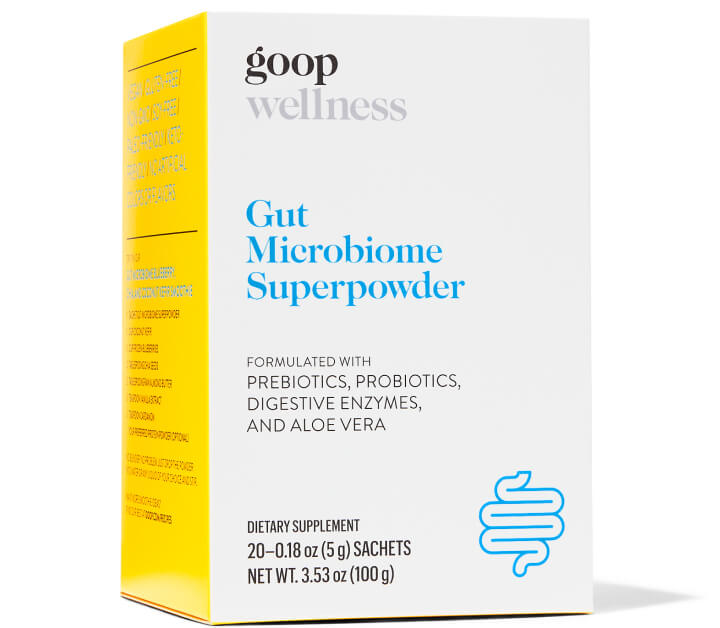 goop Wellness
goop Wellness
Gut Microbiome Superpowder
goop, $58/$50 with subscriptionFive ingredients to boost the center of the health universe in five ways.*
SHOP NOW -
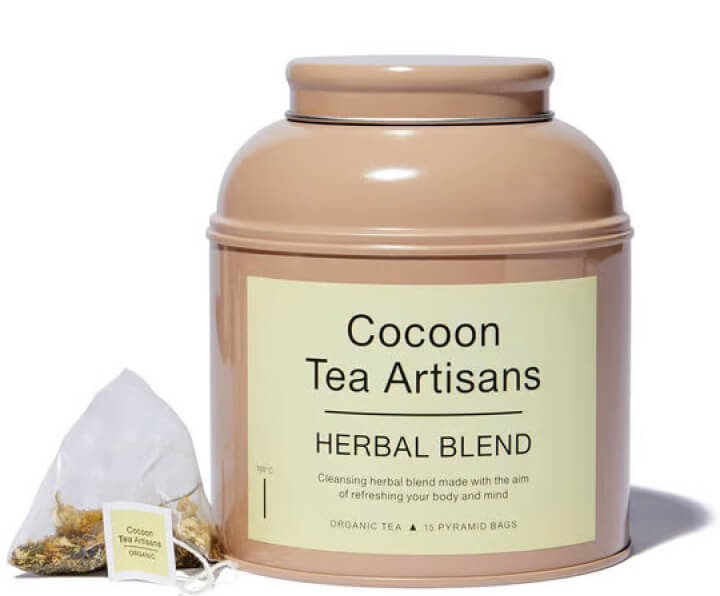 Cocoon Tea Artisans
Cocoon Tea Artisans
100% Organic Herbal Tea
goop, $32Chic pyramidal tea bags for soothing and cleansing.
SHOP NOW -
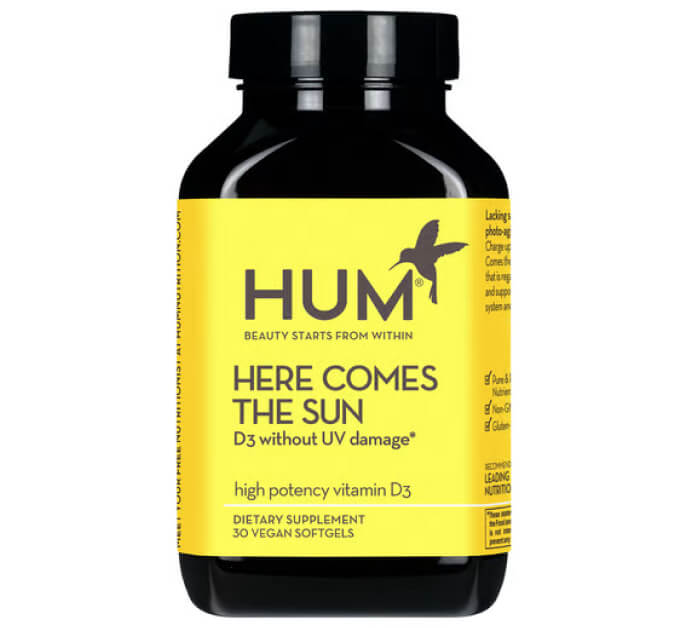 Hum Nutrition
Hum Nutrition
Here Comes the Sun High-Potency Vitamin D3
goop, $12If you wear sunscreen—and I hope you do—consider this vegan D3 to nurture your immune cells.
SHOP NOW -
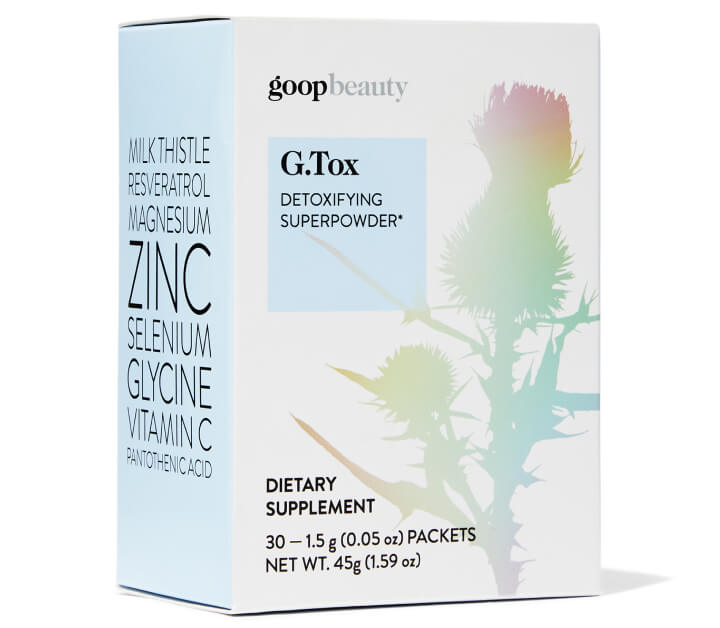 goop Beauty
goop Beauty
G.Tox Detoxifying Superpowder
goop, $60/$55 with subscriptionThe liver is built for detox: Support it.
SHOP NOW
Related Reading
This article is for informational purposes only. It is not, nor is it intended to be, a substitute for professional medical advice, diagnosis, or treatment and should never be relied upon for specific medical advice. To the extent that this article features the advice of physicians or medical practitioners, the views expressed are the views of the cited expert and do not necessarily represent the views of goop.
*These statements have not been evaluated by the Food and Drug Administration. This product is not intended to diagnose, treat, cure, or prevent any disease.
We hope you enjoy the book recommended here. Our goal is to suggest only things we love and think you might, as well. We also like transparency, so, full disclosure: We may collect a share of sales or other compensation if you purchase through the external links on this page.
[ad_2]
Source link

